Effective Practices for Children with Autism —— Educational and Behavior Support Interventions that Work
----- 针对自闭症儿童的行之有效方法
Children who have autism require comprehensive educational and treatment services. There are a myriad of approaches currently recommended to practitioners and parents, but little is known about their efficacy. Which are the most effective in teaching skills, overcoming behavior challenges, and improving quality of life? Methods must be based in research settings, but be easily extended to real world settings where children with autism live, go to school, socialize, and recreate. Identifying and validating effective practices is a complex and multi-faceted process, but an essential one for responsible research and practice. This book brings together multiple and contemporary perspectives on intervention effectiveness for autism education and behavior support. With contributors from a variety of disciplines and orientations, Effective Practices for Children with Autism presents a critical appraisal of current practice standards, emphasizing empirically supported procedures and research-to-practice applications. By bringing together a diverse group of authors, the editors have ensured that the vast field of information on interventions for children with autism is thoroughly examined, and that no topic has gone untouched. Written for practitioners, research scientists, and clinicians, the book is an essential framework for evaluating educational and treatment procedures, selecting those that are most effective, and evaluating outcomes.
{{comment.content}}

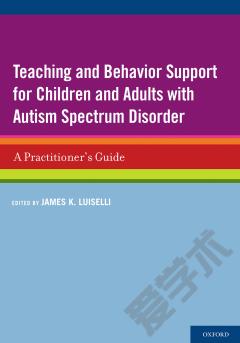
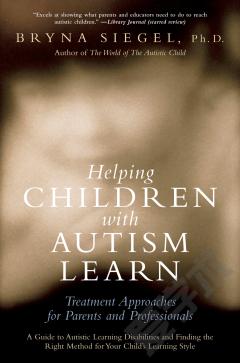

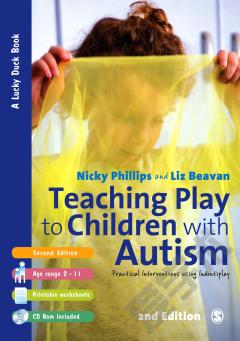
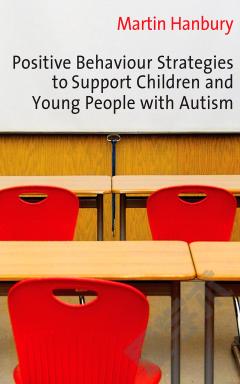
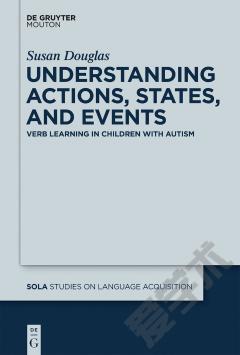

 京公网安备 11010802027623号
京公网安备 11010802027623号